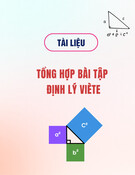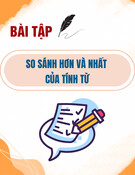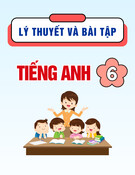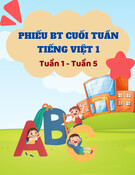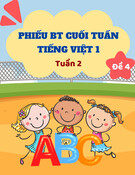
Unit 10: nature in danger
LESSON ONE: A- READING
A. Objectives:
1. Aims: By the end of the lesson, students will be able to:
- Develop such reading micro-skills as scanning for specific ideas and guessing
meaning in context
- Use the information they have read to discuss the topic
- Understand the consequences which cause from human for nature and
environment and Ss will be aware of their activities to prevent nature and
environment from destroying
2. Knowledge
+ Lexical items : Cheetah(n) ['t∫i:tə] loai ,To scatter ['skætə] rai, răc , Species(n)
['spi:∫i:z] loai, Danger(n) dangerous(a), To endanger [in'deindʒə(r)] gây nguy hiêm
to have a great influence on, result in, as the result, in danger of becoming extinct
+ Grammar: - Relative pronouns with prepositions
3. Skill
+ Main skill : reading
+ Sub-skills : speaking ,listening and writing.
B. Method: communicative approach.
C. Teaching aid:
- Teacher: English book 11, extra-board, projector and computer.
- Students: English book 11
D. Procedure
Teacher’s activities Students’ activities
* Check Ss during the lesson
* Warm up (7mm)
- Shows some pictures of animals and ask them
to look at the pictures and answer the
questions:
a. b.
c. d.
1. What animals can you see in these pictures?
2. Where do these animals often live?
- Individual work and pair work
f.
e.
1. a. A tiger
b. A lion
c. A bear
d. An elephant





